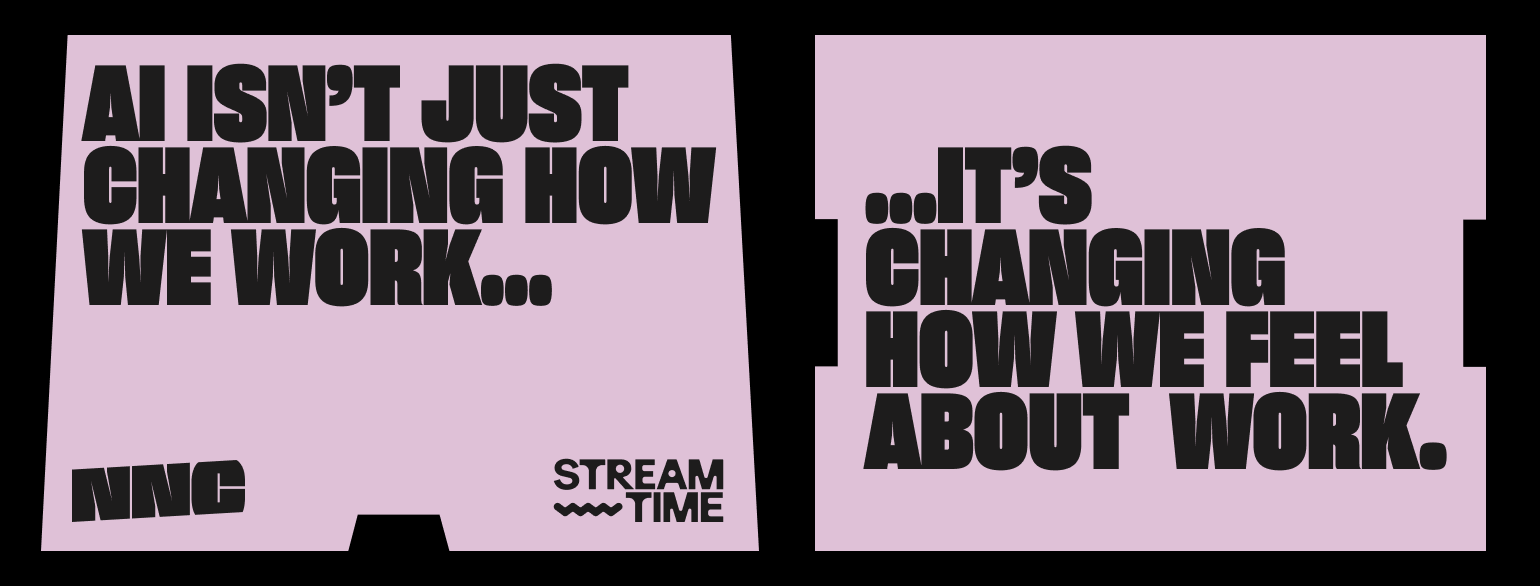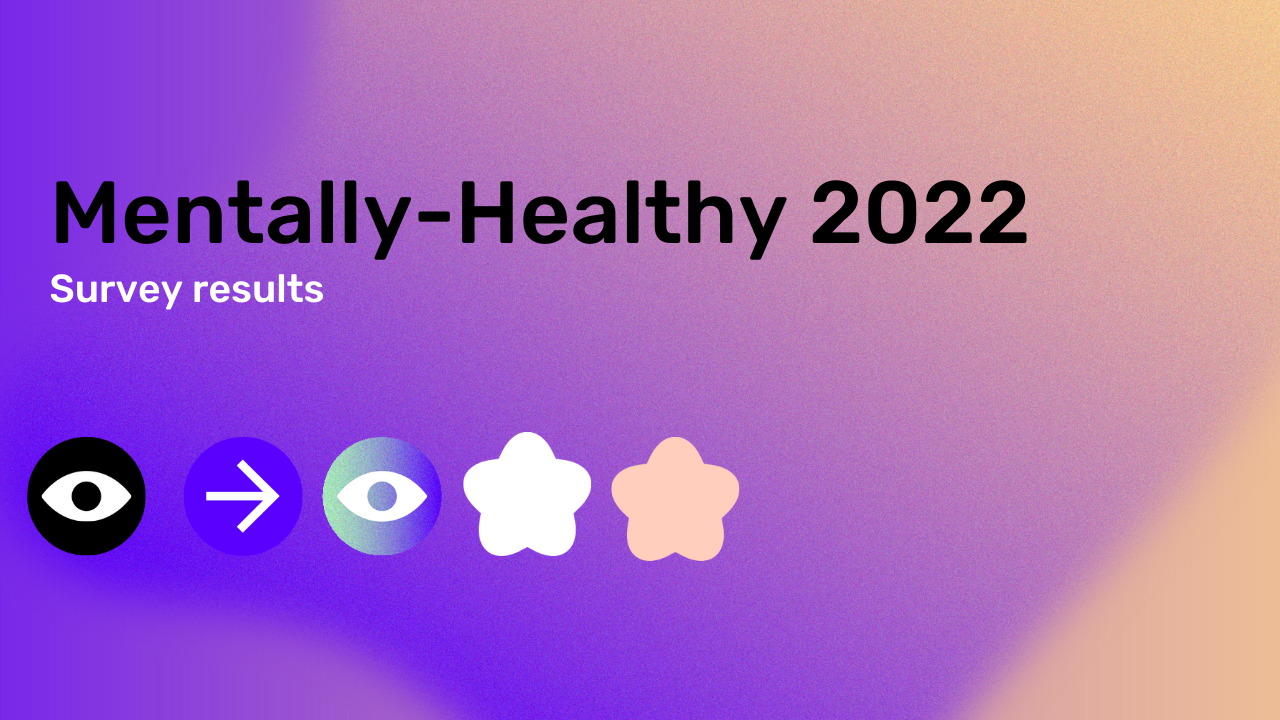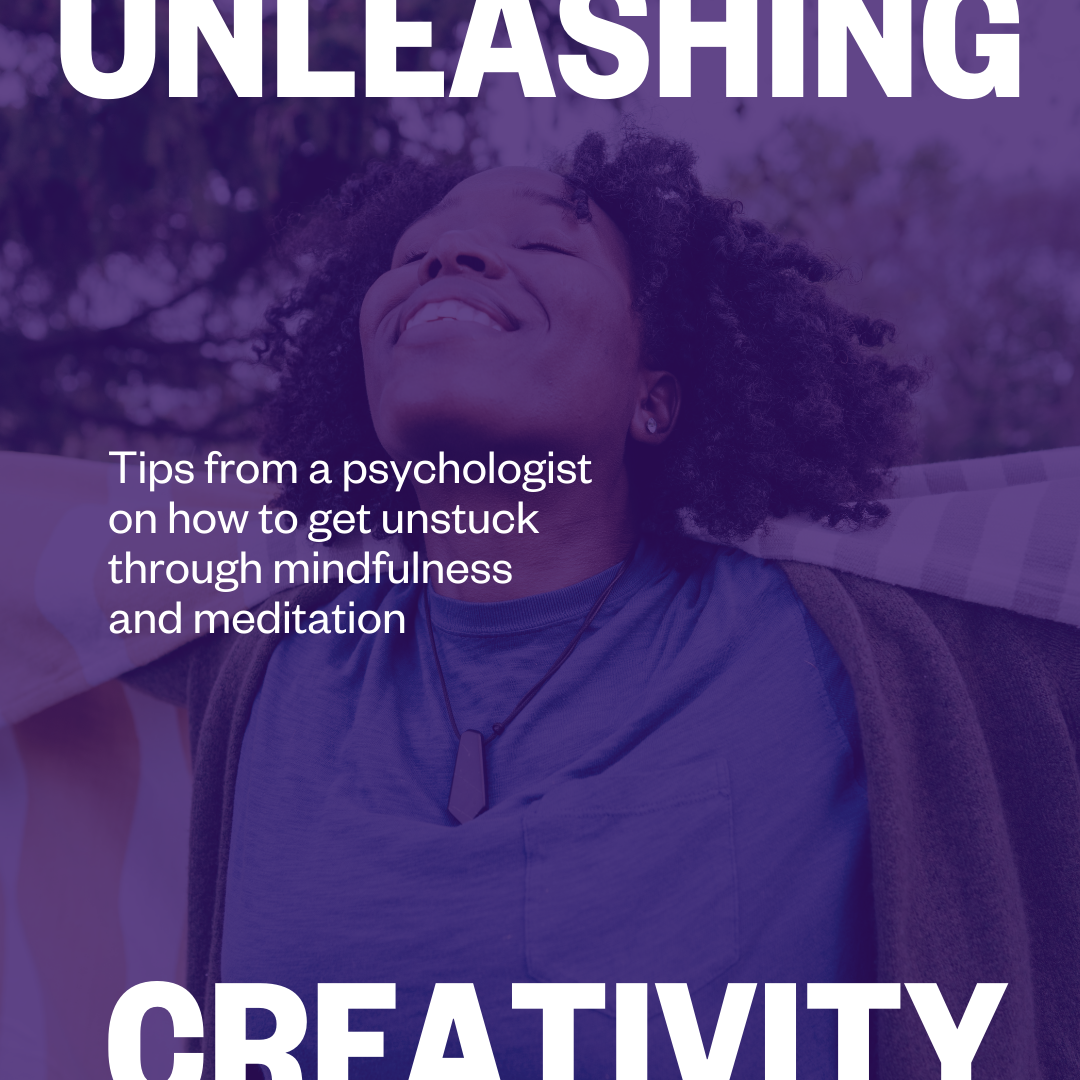Setting Goals for the New Year: from Resolutions to Commitments
%20(1).png)
For most of us, the months of December and January are natural points of reflection and anticipation. We look back over the successes and failures, the joy and pain of the year that has been. We allow ourselves to dream about what potential might be fulfilled in the year to come, and perhaps worry about whether or not we’ll rise to the challenge. This dual process of looking to the past and the future often leads us to make bold predictions about goals or changes of habit we’re going to enact in the next 12 months. It’s an interesting cultural phenomenon that so many of us continue to make New Year’s resolutions when we know how unlikely it is that we’ll keep them. The human need to learn from the past and make adaptive changes for the future runs deep. So how do we set about meeting that need, as we transition from one year to the next, without becoming another New Year’s resolution statistic?
Firstly, language matters. A resolution may be defined as the act of analyzing a complex notion into simpler ones. That’s a pretty broad, abstract concept that isn’t so applicable when we’re trying to achieve practical goals or make tangible behaviour change. Maybe the concept of commitment – i.e. dedication to a particular activity – is more useful. Making small, specific New Year’s commitments (e.g. each week I will set my alarm clock five minutes earlier than the previous week) may be more helpful than making broad, sweeping New Year’s resolutions (e.g., I’m going to start a better daily routine). Sometimes we struggle with motivation for even small commitments, often because we’ve skipped the important step of clarifying our sources of motivation. See if you can commit to not swallowing any saliva until you’ve finished reading this article. Generally speaking, human behaviour is motivated by avoiding things that we don’t want and/or approaching things that we do. If you aren’t able to let the saliva pool in your mouth, it’s probably because doing so produces some kind of discomfort (physical and/or psychological) which humans tend to avoid. But also, letting the saliva pool probably doesn’t contribute to anything that you care about or want to approach. Approach-oriented goals have a better chance at success than avoidance-oriented goals. Why would we embrace the discomfort of honouring a New Year’s commitment if it’s not in the service of something we care deeply about?
As we transition from this year to next, ask yourself, “What do I care deeply about? What qualities of behaviour do I want to bring, as best I can, to each and every moment of my brief time on this planet?” This can be done as a practical values clarification exercise. Identifying the values that you care deeply about can help increase your approach motivation when your New Year’s commitments inevitably produce some kind of discomfort that you’ll have the urge to avoid. When you think about motivation in this way, goals are achieved and behaviours are changed through a cultivated willingness to have moments of discomfort in the service of your values. Those moments are hard. They are not fun, or enjoyable, or sexy. But they are meaningful. And the good news is, being willing to have discomfort by choice is a skill that we can practice (how’s that saliva going?). As you reflect on the past year and plan for the next, imagine the hard moments of discomfort that will accompany your goals. And ask yourself, again and again, “Am I willing to make room for this discomfort if it helps me connect with the things I care deeply about?” That is perhaps the most helpful New Year’s commitment of all.
About the author: Dr Andrew Gardner (PhD) is a clinical psychologist and the founder of Opus Psychology, which specialises in providing psychological services to musicians. Previously he worked as a songwriter and performer.




